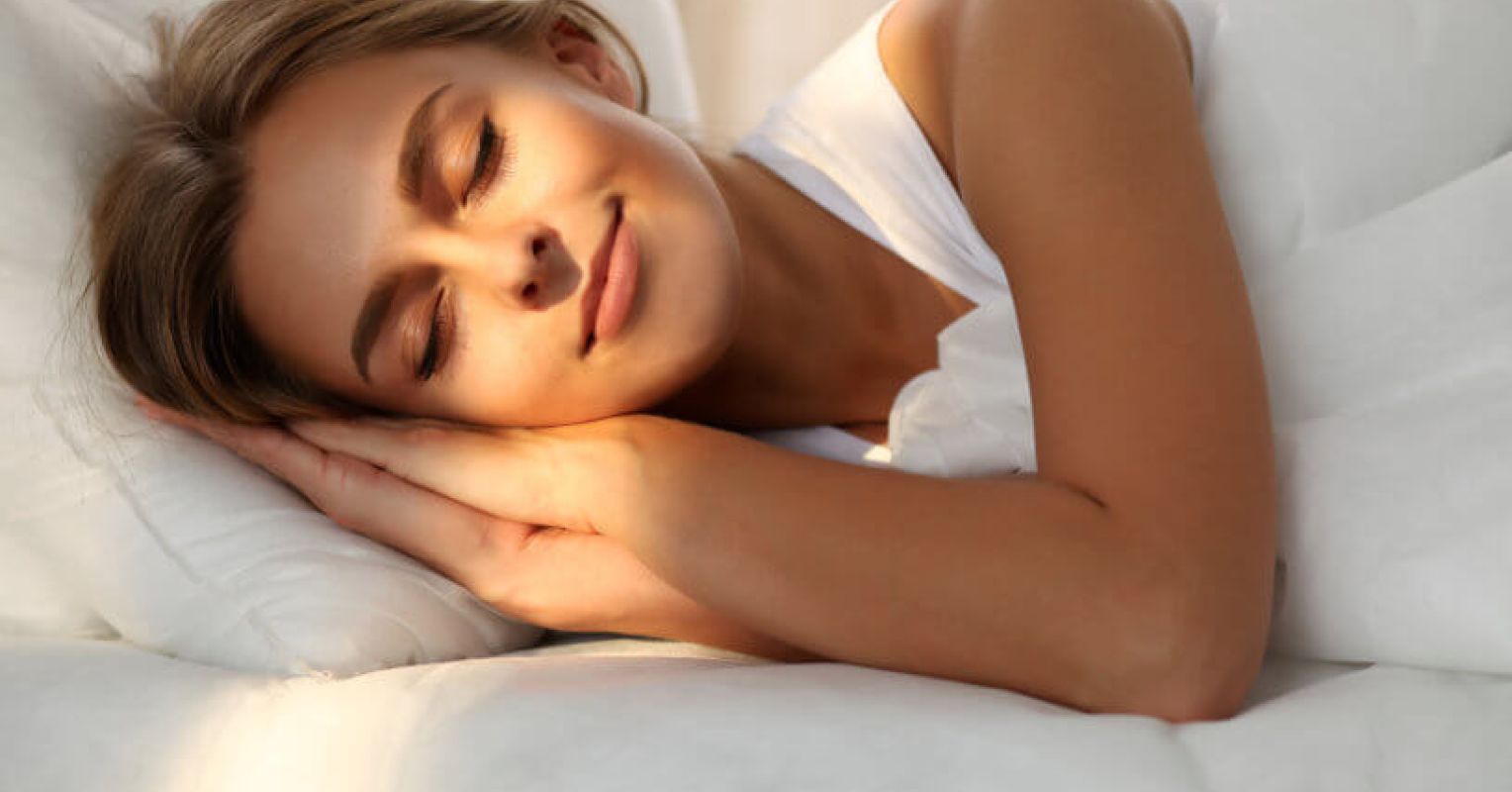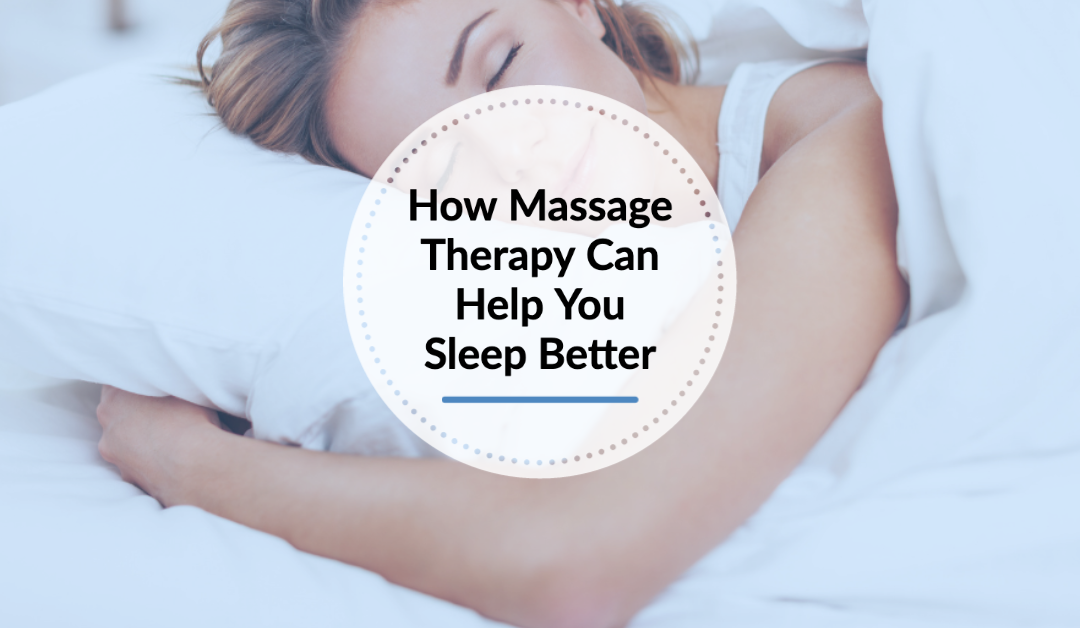Sleep Deprivation Help - Overcome Fatigue and Improve Health And Wellness
Sleep Deprivation Help - Overcome Fatigue and Improve Health And Wellness
Blog Article
Effective Therapy Solutions for Managing Sleep Disorders and Enhancing Peaceful Sleep
In the realm of health care, the administration of rest disorders and the pursuit for relaxing sleep are pivotal elements of general health. As we navigate the complex landscape of rest disorders and seek to boost our sleep experience, a deeper understanding of these treatment services may hold the key to opening an extra relaxing and meeting restorative journey.
Cognitive Behavioral Treatment for Insomnia (CBT-I)
Cognitive Behavioral Therapy for Sleep Problems (CBT-I) is an organized, evidence-based treatment method that concentrates on resolving the hidden elements adding to sleep disruptions. This sort of therapy intends to change behaviors and thoughts that worsen sleep problems, inevitably promoting healthy rest patterns. CBT-I commonly involves a number of vital parts, consisting of cognitive treatment, sleep limitation, stimulus control, and sleep hygiene education and learning.
Cognitive treatment aids individuals determine and transform adverse idea patterns and ideas concerning rest that may be preventing their capacity to drop or remain asleep. Sleep restriction involves restricting the amount of time invested in bed to match the person's actual rest duration, thereby enhancing rest effectiveness (insomnia specialist). Stimulus control strategies help develop a strong organization between the bed and rest by encouraging individuals to go to bed only when drowsy and to prevent participating in boosting tasks in bed
In addition, sleep hygiene education and learning concentrates on creating healthy sleep behaviors, such as preserving a consistent rest schedule, creating a relaxing going to bed routine, and maximizing the rest environment. By resolving these elements thoroughly, CBT-I provides an effective non-pharmacological intervention for managing insomnia and boosting general rest quality.
Sleep Health Practices
Having established the structure of cognitive restructuring and behavioral modifications in resolving insomnia with Cognitive Behavioral Therapy for Sleeping Disorders (CBT-I), the focus currently changes towards discovering crucial Rest Hygiene Practices for preserving optimal sleep top quality and general well-being.
Sleep health techniques include a series of habits and ecological elements that can considerably affect one's capacity to go to sleep and stay asleep throughout the night. Regular rest and wake times, developing a relaxing bedtime routine, and maximizing the sleep environment by keeping it dark, peaceful, and cool are vital parts of excellent rest hygiene. Limiting exposure to screens prior to bedtime, preventing stimulants like high levels of caffeine close to bedtime, and involving in normal exercise throughout the day can likewise advertise much better sleep high quality.
In addition, practicing leisure strategies such as deep breathing workouts or meditation before bed can aid soothe the mind and prepare the body for sleep. By including these rest hygiene practices into one's daily routine, individuals can develop a healthy and balanced sleep pattern that sustains relaxed rest and total well-being.
Relaxation Methods and Mindfulness
Executing leisure techniques and mindfulness techniques can play a pivotal function in cultivating a sense of calmness and advertising top quality sleep. Furthermore, directed images can assist carry people to a serene location in their minds, helping in anxiety reduction and boosting sleep quality.
By integrating these methods right into a bedtime routine, individuals can indicate to their bodies that it is time to prepare and unwind for sleep. In general, incorporating relaxation strategies and mindfulness methods can considerably contribute to managing rest disorders and boosting overall rest high quality.

Medicine Options for Sleep Disorders
After checking out relaxation techniques and mindfulness methods as non-pharmacological interventions for boosting rest quality, it is necessary to think about medicine choices for people with rest conditions. In cases where way of life modifications and therapy do not give adequate alleviation, medicine can be a useful device in taking care of rest disruptions.
Commonly prescribed drugs for sleep disorders include benzodiazepines, non-benzodiazepine hypnotics, antidepressants, and melatonin receptor agonists. Benzodiazepines, such as diazepam, are sedatives click here to find out more that can help induce rest, but they are typically suggested for temporary usage due to the threat of dependence. Non-benzodiazepine hypnotics like zolpidem are likewise used to deal with sleeping disorders and have a lower danger of reliance compared to benzodiazepines. Antidepressants, such as trazodone, can be beneficial for people with co-occurring anxiety and rest disruptions. Melatonin receptor agonists, like ramelteon, target the body's all-natural sleep-wake cycle and can be handy for managing rest patterns.
It is important for people to seek advice from a healthcare supplier to figure out one of the most appropriate drug choice based on their details sleep condition and clinical history.
Light Therapy for Body Clock Law
Light treatment, also recognized as phototherapy, is a non-invasive treatment approach utilized to regulate body clocks and boost sleep-wake cycles. This therapy includes exposure to bright light that mimics natural sunlight, which eating and sleeping disorder aids to reset the body's body clock. By exposing individuals to specific wavelengths of light, generally in the early morning or evening depending upon the desired result, light treatment can efficiently readjust the circadian rhythm to advertise wakefulness throughout the day and boost relaxed sleep in the evening.
Research has actually shown that light treatment can be particularly advantageous for people with body clock disorders, such as postponed sleep phase syndrome or jet lag. It can likewise be practical for those experiencing seasonal affective condition (SAD), a sort of anxiety that typically takes place during the wintertime months when all-natural light exposure is minimized. Light therapy is generally well-tolerated and can be made use of together with various other therapy methods for sleep disorders to enhance results and improve total rest quality.
Final Thought
Finally, efficient therapy services for handling rest conditions and boosting restful rest consist of Cognitive Behavioral Treatment for Sleep Problems (CBT-I), rest health techniques, leisure methods and mindfulness, medication choices, and light therapy for body clock policy. These techniques can aid individuals enhance their sleep quality and total well-being. It is very important to speak with a healthcare company to identify the most suitable strategy for addressing rest problems.
As we browse the intricate landscape of rest disorders and seek to enhance our sleep experience, a deeper understanding of these treatment remedies might hold the secret to opening a more rejuvenating and satisfying restorative trip.
Rest constraint includes limiting the amount of time invested in bed to match the person's real rest duration, thereby boosting rest efficiency. Regular rest and wake times, creating a relaxing bedtime routine, and enhancing the rest environment by maintaining it dark, silent, and cool are critical components of excellent rest health. Light therapy is typically well-tolerated and visite site can be made use of in conjunction with other therapy techniques for sleep conditions to maximize end results and boost total rest top quality.

Report this page